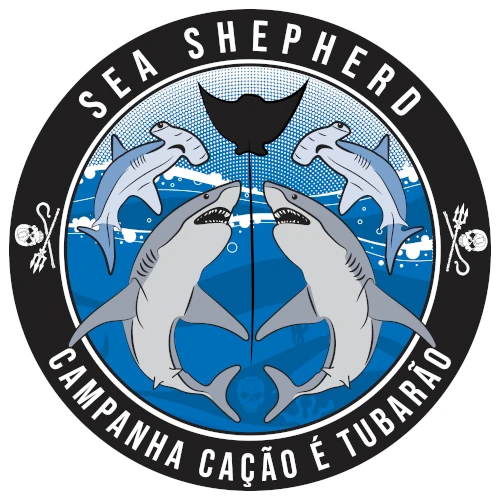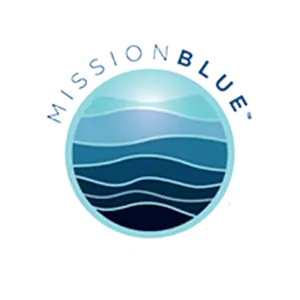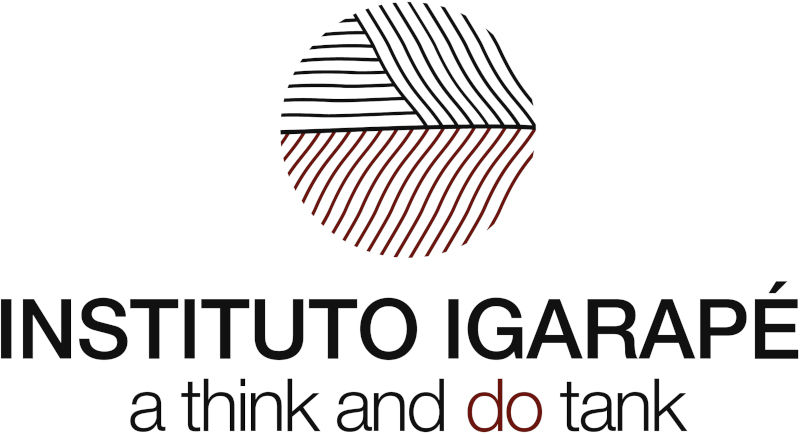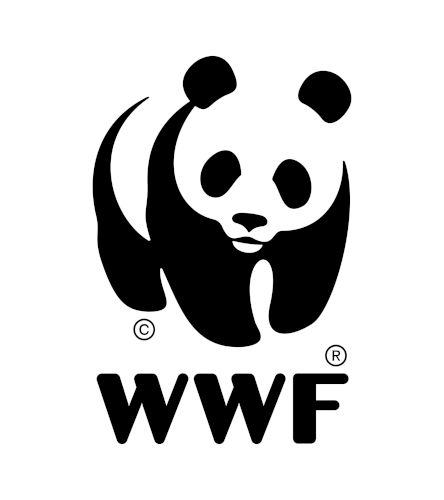
The "Shellfish is a Shark" campaign, by the non-governmental organization Sea Shepherd Brazil, has the mission of monitoring and encouraging the creation of public policies to prevent predatory fishing and the consumption of sharks in Brazil. Its goal is to raise awareness among the Brazilian population and encourage public policies.
Instituto Amazônia 4.0 is a non-governmental, non-profit organization based in Manaus, state of Amazonas, dedicated to developing a framework of solutions based on science, technology, and innovation to leverage the economic potential of Amazonian socio-biodiversity. The Institute’s main programs include the Amazon Creative Labs (LCA), which combines traditional knowledge with science and Industry 4.0.


The project promotes environmental conservation and the dissemination of ocean culture by raising awareness through communication and environmental education, developing scientific research, and organizing events and direct actions. It literally dives into the fight against ocean waste, bringing to the surface not only waste collected but also information that can help identify the source of this material, enabling to seek solutions to tackle the root of the problem. It works locally to contribute to solving a global issue through education, dreaming that one day, all education will be environment.
The Rio Islands Project is an initiative dedicated to marine conservation on the coast of Rio de Janeiro, covering the territories of the Cagarras Islands Natural Monument to the Grumari region, with an area of 57 thousand hectares. Since 2011, it has promoted scientific research to provide technical data that helps protect the fauna and flora of these ecosystems, in addition to carrying out environmental education actions and engagement actions with local communities. In 2021, it was responsible for the nomination and serves as Champion of the Cagarras Islands and Surrounding Waters Hope Spot, recognized by Mission Blue. Through continuous monitoring and studies on biodiversity, the project strives to raise awareness in society about the importance of marine protected areas in Rio de Janeiro, encouraging the sustainable use of resources. Its advocacy strategy consists of influencing public policies and legislation for establishing and strengthening of marine protected areas; building a municipal agenda to combat pollution in the sea; and fostering communication to engage stakeholders and civil society in ocean conservation agendas.


AIEP supports the development of work initiatives by the non-governmental organization Greenpeace Brazil in relation to the following focuses: 1. the fight for Zero Deforestation, currently aimed at demanding better control practices by financial institutions to prevent investments and rural credit from reaching illegal deforesters in the Amazon; 2. the investigation and denunciation of illegal mining in Indigenous Lands, developed in historic partnership with the indigenous peoples of the Amazon for the protection of the forest and the guarantee of their fundamental rights; and 3. the No to Oil in the Amazon campaign, which joins forces with the traditional peoples and communities of Amapá with the aim of preventing oil exploration at the mouth of the Amazon River and the impacts of this exploration on the region’s marine and coastal biodiversity.
Founded in 2009, the non-governmental organization Mission Blue has created a support network for the protection of more than 160 Hope Spots in the oceans, covering a total of 58 million square kilometers. It invests in science, digital and social media tools, policies and infrastructure to designate and support these marine protected areas. It also empowers communities around the world to take action to promote ocean protection. Its work with Hope Spots has the initial goal of protecting at least 30% of the oceans by 2030 and the ultimate goal of safeguarding the high seas, a global commons that covers almost half of the world’s surface and 64% of the oceans.


Since its founding in 2011, the Igarapé Institute, a global and independent think tank, has advanced the climate, public and digital security agendas. Its operations have an international impact, promoting innovative solutions through research, emerging technologies, strategic partnerships and impactful communication.
The non-governmental organization WWF Brazil proposes the creation of a Marine Protected Area (MPA) in Abrolhos, with ecological representation. This initiative is crucial to increase the resilience of marine biodiversity in the face of climate change and, above all, for Brazil to achieve global conservation goals. It is hoped that the proposal will strengthen local leaders to engage in actions to create MPAs.

Coral reefs cover less than 0.1% of our ocean but host 25% of all marine species and support around 850 million people in coastal communities worldwide. This makes them one of the most productive and important ecosystems on our planet. To protect and regenerate these invaluable ecosystems, the Coral Reef Rescue Initiative (CRRI) was created in 2018, forming a coalition of partners and identifying seven priority coral reefs most resilient to the climate crisis, located in Indonesia, the Philippines, Cuba, Fiji, the Solomon Islands, Madagascar, and Tanzania.
Deep-sea mining poses a major threat to the oceans. It is estimated that it could destroy fragile habitats, release toxic chemicals, create noise and light pollution, compromise scientific discoveries and destabilize ocean ecosystems. All of this would have a direct impact on people’s livelihoods and food sources, such as fisheries, but also on the oceans’ ability to mitigate the impacts of climate change. To ensure that deep-sea mining is not allowed, the international non-governmental organization WWF is leading a global moratorium to allow the environmental, social and economic risks to be studied and understood.
The existence of dolphins is an important indicator of the health of the seas and rivers in which they live, since they are the lifeblood of major economies involving hundreds of millions of people. In particular, where populations of freshwater dolphins are thriving, river systems are likely to be flourishing. The reality, however, is that river dolphins are at risk, as there are only six species in the world today and all of them are endangered or critically endangered. In the Araguaia-Tocantins basin in Brazil, the Araguaia dolphin (Inia araguaiaensis) is one of the remaining species of freshwater dolphins in the Amazon. The non-governmental organization WWF Brazil believes that there are only 1,200 to 1,500 individuals of this species left on the planet, which would put it at serious risk. In order to conserve this critically endangered species. WWF Brazil is building an active network of experts and stakeholders to ensure its conservation, while collecting scientific evidence to have the Araguaia dolphin recognized by the International Union for Conservation of Nature and Natural Resources (IUCN) as a new specie. This recognition would promote specific conservation measures for the long-term survival of this iconic specie.
Copyright © 2024 AIEP – All rights reserved.